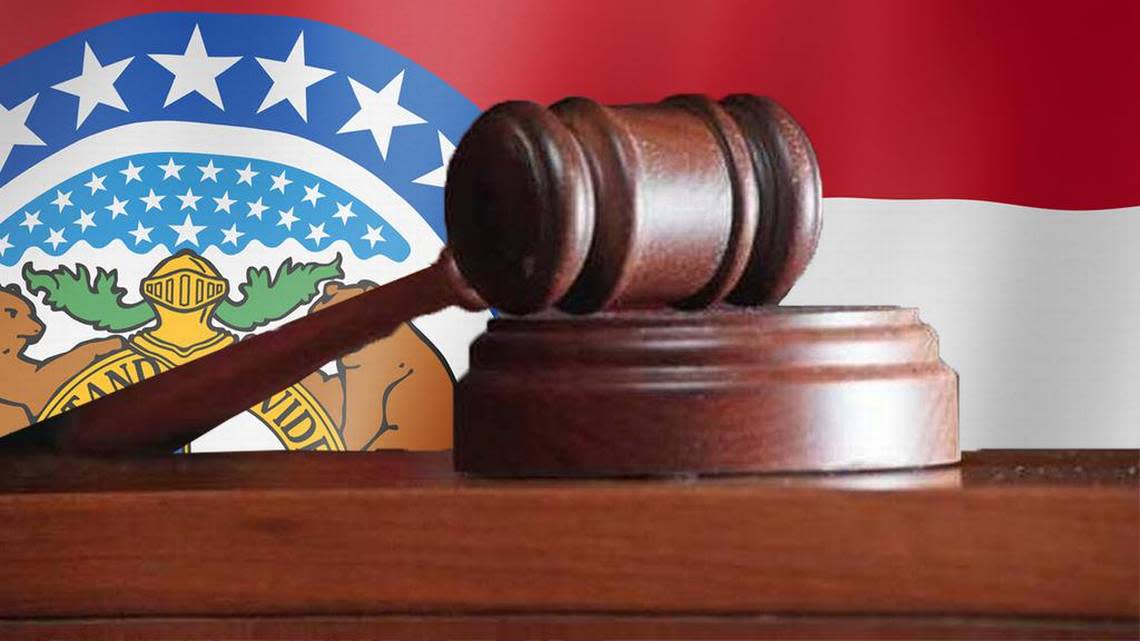Missouri House allowed to keep some documents confidential, judge rules

A Cole County judge has sided with the Missouri House in a lawsuit over access to legislative records, allowing lawmakers to keep some documents confidential.
After voters approved the Clean Missouri state constitutional amendment in 2018 extending the state Sunshine Law to the Missouri General Assembly, the House adopted a rule allowing lawmakers to withhold correspondence with constituents and documents about caucus strategy.
Mark Pedroli, founder of the Sunshine and Government Accountability Project, sued in 2019, contending the rule was unconstitutional.
Cole County Circuit Court Judge Jon Beetem ruled last week in favor of the House, writing in his decision that the Sunshine Law allows some records to be protected, and only gives access to open and public records. The House’s rule – Rule 127 – doesn’t violate the Missouri Constitution, he found.
Pedroli could appeal Beetem’s ruling, which may eventually send the dispute to the Missouri Supreme Court. Pedroli said Thursday he would review the ruling.
House Rule 127 was made in response to the approval of the constitutional amendment, and states that legislators can “keep constituent case files, and records of the caucus of the majority or minority party of the House that contain caucus strategy, confidential.”
The decision affirmed that nothing in the amendment prohibits closing legislative records through House rules. The ruling cites a 2016 Missouri Court of Appeals decision that allowed the Senate to create rules to avoid the Sunshine Law, as another precedent that backs up the legality of House Rule 127. But that decision was issued before voters changed the state constitution in 2018.
“I think the decision is quite plainly incorrect,” said David Roland, director of litigation at the libertarian Freedom Center of Missouri. “I am dismayed.”
Roland said when voters approved Clean Missouri, they intended for transparency rules to apply to the legislature.
“The existing constitution had been interpreted in such a way that transparency laws did not apply and you could avoid them simply by adopting a rule,” Roland said.
House Speaker Dean Plocher, a St. Louis Republican, didn’t immediately respond to a request for comment.
The lawsuit was spurred by a St. Louis Post-Dispatch story that reported that Missouri lawmakers were getting letters—purportedly from constituents—asking them to support legislation making it harder to file lawsuits against out-of-state companies. Many of the constituents later contacted by the newspaper said they never sent the letters, however.
Pedroli sent Sunshine requests to Missouri House members, asking for emails similar to those sent to Missouri elected officials without the knowledge or consent of constituents. Some legislators produced the emails, according to the lawsuit. Others refused to produce the records without redacting email and postal addresses of the purported authors.

